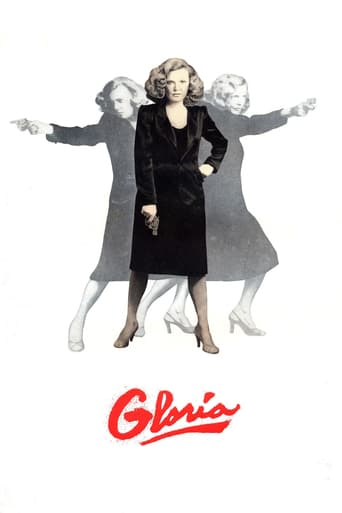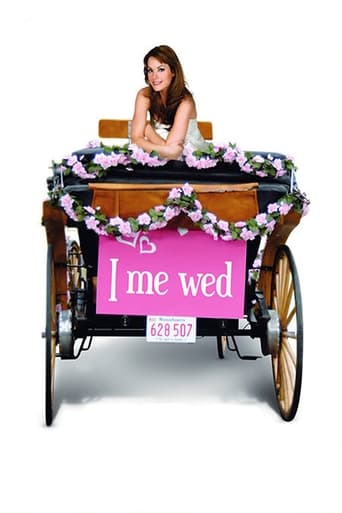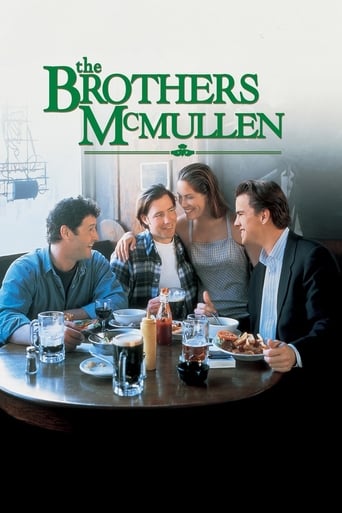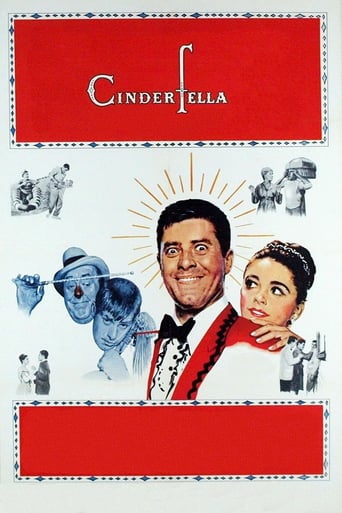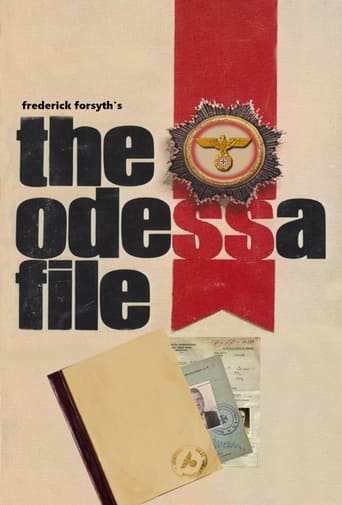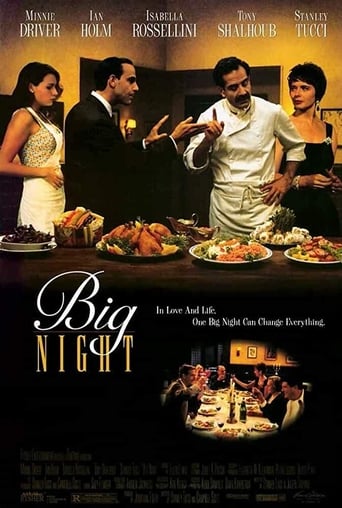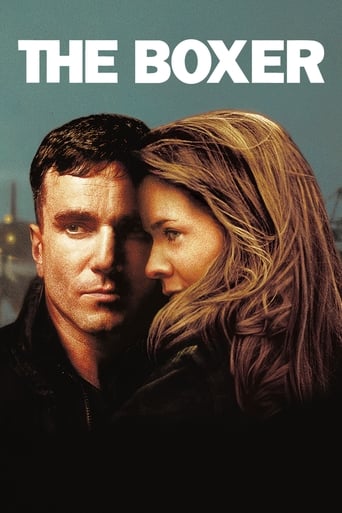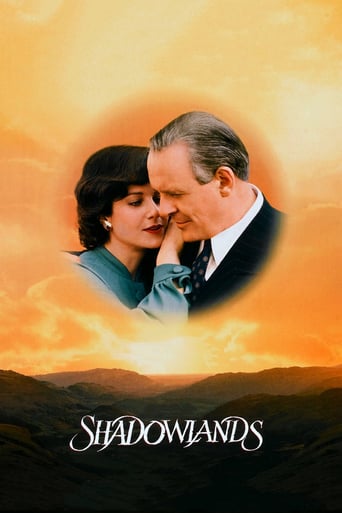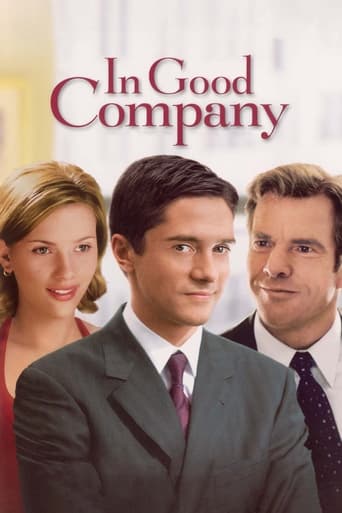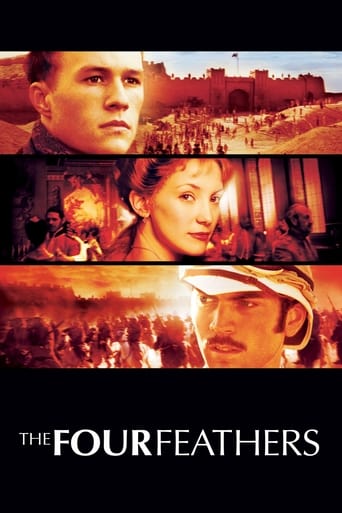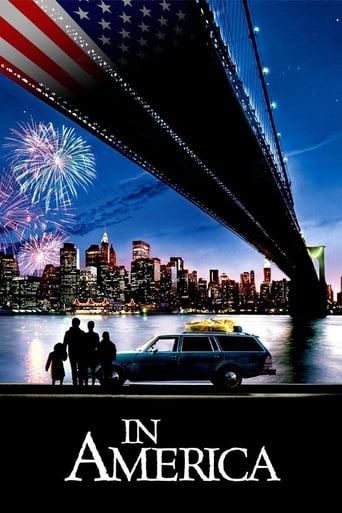


In America
A family of Irish immigrants adjusts to life on the mean streets of Hell's Kitchen while also grieving the death of a child.
-
- Cast:
- Samantha Morton , Paddy Considine , Sarah Bolger , Emma Bolger , Djimon Hounsou , David Wike , Michael Sean Tighe


Similar titles
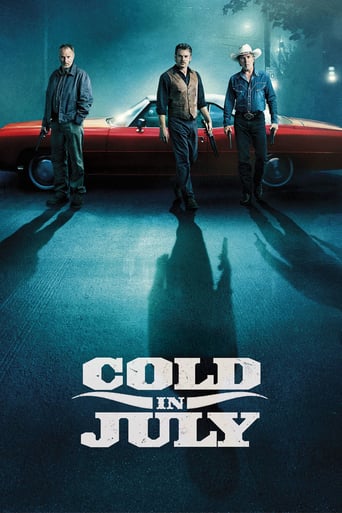
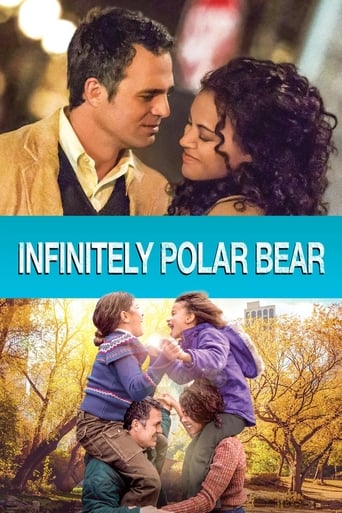
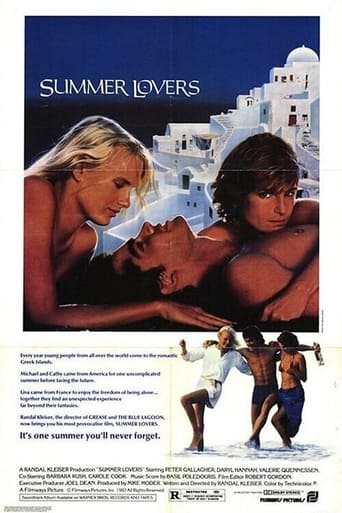
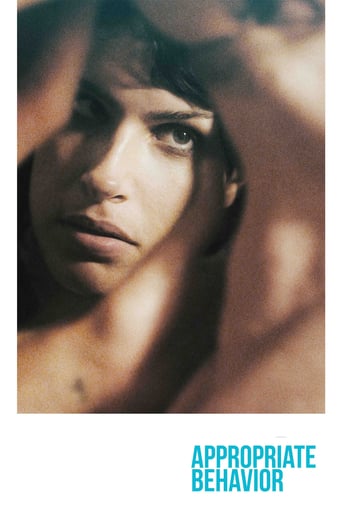
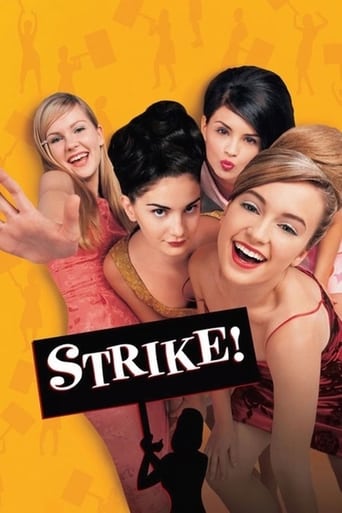
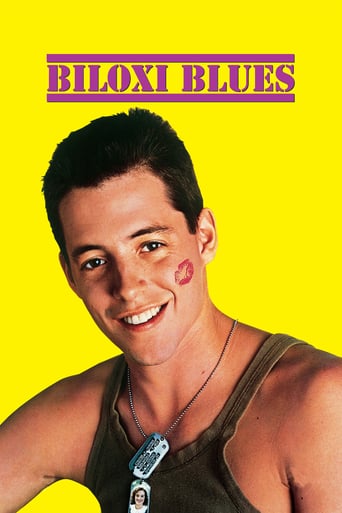
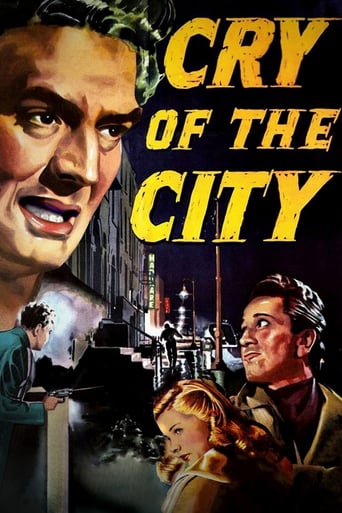
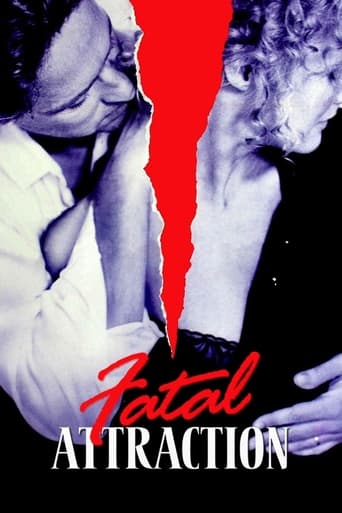
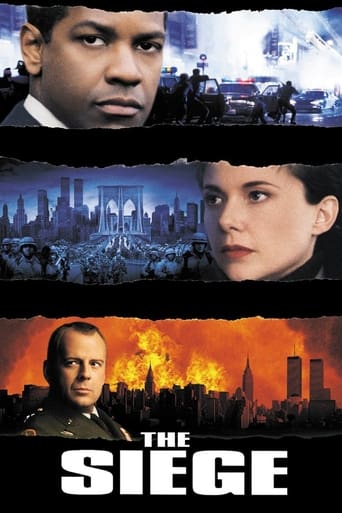
Reviews
You won't be disappointed!
The first must-see film of the year.
The tone of this movie is interesting -- the stakes are both dramatic and high, but it's balanced with a lot of fun, tongue and cheek dialogue.
It's a good bad... and worth a popcorn matinée. While it's easy to lament what could have been...
There is an early moment from In America that is one of the most difficult scenes I have ever watched, firstly for the right reasons, and then for the wrong ones. The Sullivans are enjoying a rare night out at the carnival. Ariel's eyes light up at one of the E.T. plush toy prizes, so of course Johnny must go for it. He sinks the first couple of throws easily, but the vendor plays a tricky (and often cruel) game; double your money for another throw, and get your entire stake back if you get to 7. They are sucked in with the promise of a small reward, and quickly incur such a debt that it would be unthinkable to admit defeat. The Sheridans ensure it is not merely a toy they are playing for; the scene's undercurrent is one of quiet desperation, of a small victory meaning so much more, of a parent's pride under scrutiny. Every miss is agony. The shot compositions do not show the ball, only the mounting despair on Johnny's face. We realise there is much more at stake than simply their life savings. Then they reach their final dollars, and the film commits a fatal sin by invoking Christy's cutesy voice-over, and slowing down the crucial moment of truth, milking every last drop of sentimentality from the throw.This lens of magical childish realism that runs through the film is so potent that it renders almost every threat to the Sullivans a cartoonish episode, a problem to be acknowledged briefly then whisked away. The introduction is sure to signpost how spooky and menacing their new Hell's Kitchen residence is, before allowing the two girls to later yell and bang on doors to their heart's content, and turn the creaky, drug-infused staircases into their own playground. The murky photography does no favours for their first encounter with the summer heat; a brief hurdle. And crucial moments of change and adversity are jarringly offset by the script throwing Emma Bolger into the mix to lighten things up. The fault isn't with her. She's merely playing her busy, six year old self, but the Sheridans insist on directing all the attention to the cheer she produces. Whenever the film winds up in a corner too dark or real, she is there to rescue it with her wide eyes and childish logic. The girls are enrolled into a Catholic school, only to be mocked for their homemade Halloween costumes. Kids can be cruel too, this shows us, but then they never go to school again for the rest of the film. The Irish Catholic roots of the family, which see Johnny struggle through a crisis of faith, are mere wisps. The actors take care with their accents, but where is the rest of their cultural heritage? Where is the sense of displacement in the biggest and busiest city on earth? On their first night, they glide through Time Square with wonder in their eyes, the traffic parting like the red sea for their arrival, the camera shaking with excitement. For an immigrant experience, you could do a whole lot worse. Johnny's real crisis is that the death of his son has left him an emotional shell, and thus his work as an actor suffers. On the opposite end of the spectrum is their mystical neighbour and artist Mateo, who all but summons a demon in his opening appearance. The scene takes place during a thunderstorm; Sarah seduces her husband with a blindfold, and then rides him like a possessed devil (we later find out her heartbreaking motive is to replace her lost Frankie). Downstairs, Djimon Hounsou is whipping up a fury having discovered he has contracted AIDS, flinging his blood onto every surface. Could an African actor pick a worse introduction for their character? His rage approaches something like savagery, leaning hard on vague notions of an othered caricature, his exoticism fetishised. Suffice to say that his role and his gentle interactions with the Sullivan family have little to say about race or prejudice. Mateo isn't even given enough agency to have his Aids storyline be his own, but the result of the incompetence of the American healthcare system (the Sullivan's hospital bill being another symptom of that, both valid concerns but in the wrong film). His 'America' has shunted him into a dark corner, and his only role is to play one half of the hokey birth/death antitheses that ends the film. Oh yes, and let's not forget his convenient wealth that neatly ties all loose ends together. Christy Sullivan narrates and guides the film through the lens of her camcorder, and her curious eye often narrows its stylistic focus: grainy, shaky footage tilted on its head, slow zooms into uncomfortable extreme closeups. And yet for all the cutesy ideals about heavenly wishes and guardian angels, the final result resembles something of an adult's mouthpiece. The merging of the film's sentimentalised version of Manhattan and reality depends on Christy's burgeoning maturity, often having to deliver heavy, sobering lines that speak straight from the screenwriter's mind. Case in point - Johnny begs for "another chance" at his audition, only for Christy to gravely sum up: "But he didn't get another chance". Another example from Ariel: Johnny's going wacko in his grief but the little girl cuts straight to the heart of the problem, tearfully insisting that her daddy has disappeared and been replaced by another man without a heart or soul. And in the close, Christy, having put up a stoic front for much of the film, finally bursts and admits, "I've been carrying this family on my back for over a year. He was my brother too. It's not my fault that he's dead." Now imagine a film that would have the evidence to back this up, and not treat its children as mouthpieces for larger ideas.
'There's some things you should wish for and some you shouldn't. That's what my little brother Frankie told me. He told me I only had three wishes, and I looked into his eyes, and I don't know why I believed him.' This semi-autobiographical tale of Irish immigrants trying to survive in Hells Kitchen is ultimately frustrating, but has occasional moments of pure cinematic gold. Co-authored by the director, Jim Sheridan, and his two daughters, the screenplay constitutes a composite picture of their combined memories of when the director uprooted his family from Ireland in 1982, after controversy had hit a play he had staged. In addition, interwoven in this work is a tale of grief and mourning taken from a completely different period, and based on the director's father's earlier experiences of losing a child - the director's brother to whom the film is dedicated. The resulting product feels episodic, constructed from disparate scenes, largely from diarised entries from Sheridan's daughters, rather than fixed to a cohesive narrative thread. As such, the content veers from saccharine and sentimental moments of family unity to apparent irrational emotional outbursts devolved of any background for the audience. Sheridan's aim of trying to view the world with a kind of childlike quality works well at times, but the film displays an inconsistency of tone in scenes which are much starker. As instances of the former, there are three pivotal moments where the eldest daughter's belief that her deceased brother has granted her three wishes add poignant charm to the narrative. The first of these occurs at the outset as the family attempt to bluff their entry into the States as mere vacationers at the Canadian border. The next is the most enthralling scene where the father risks all the family savings at a carnival stall in order to save face in order to secure the soft toy his youngest daughter has set her heart on. Finally, there is the final scene, where the last remaining wish is movingly spent to help the father deal with the grief of losing his only son. Another of the film's strengths concerns the scenes narrated by the eldest daughter, presented by means of digital footage from her hand-held camera, thereby highlighting the artistry of cinematographer, Declan Quinn. Finally, there are the capable performances from the majority of the cast. As Sheridan maintains, casting represents 90% of film-making, and in this instance his claim appears well-served. Paddy Considine further establishes his acting credentials with an earnest and convincing portrayal of the father who struggles to safeguard his family once his beliefs have been shaken to the core, and his emotions held in check, by the tragic loss of his young son - this must have resonated with the actor who had lost his own father to cancer just a week before shooting started. The great find here though has to be the Bolger sisters. What is remarkable is that having cast the youngest, Emma, as Ariel, Sheridan was persuaded by the latter to audition, and subsequently cast as Christy, her elder sister waiting in a parked car outside. While her sibling's performance is charming and precocious, it is Sarah Bolger who delivers an amazingly mature performance beyond her years as the insightful chronicler of the family's triumphs and travails. One can never forget her beautiful rendition of the Eagles' 'Desperado', or how steely is her character's retort to her father: 'Don't 'little girl' me. I've been carrying this family on my back for a year.' Although Samantha Morton's performance merits admiration, an Oscar nomination appears exaggerated given the largely passive role she plays, as well as her character's inconsistencies - able to hold her husband responsible for her son's accidental death while comfortable herself to allow her daughters to 'trick or treat' in the apartment block they share with junkies and an apparently crazed neighbour who screams behind a permanently closed door. Even more surprising was the film's other acting nomination for Djimon Honsou's role as the neighbour, and HIV infected Haitian artist, who comes across as nothing more than a convenient narrative device. Despite the equally questionable Academy Award nomination for best original screenplay, the film does contain moments of sheer heart-warming or heart-rending emotional impact, none more so than the closing scene in which the family bid farewell to the dear departed, and which tests anyone's resolve to not shed a tear.
1. When searching for a comparison to make with the experience of watching this film, the only one that seems appropriate is Rocky. This is a deeply personal story for the author of the screenplay, and as such the emotions are more informed by experience than writing. 2. Those emotions are incredibly carried by the actors. You need only look into Paddy Considine's eyes and see his shame at not providing for his family. Samantha Morton's crazed post-birth breakdown is stunningly authentic. 3. I fell in love with the little girls played by Sarah and Emma Bolger. Their sweet Irish accents and adorable faces aside, the two of them are among the best child performances I've ever seen. Whether it is Ariel's sweet sense of wonder or Christy's balance of the mature and the innocent, the two of them are a wonder to behold. Watching Christy sing is almost heartbreaking in its purity.4. Jim Sheridan knows exactly what to do with the film's most pivotal scenes, particularly the "game of luck" at the show ground. Lesser filmmakers (like the directors of Focus) have stuffed the landing on scenes like this, but Sheridan knows exactly how to get the most emotion out of the scene.5. Djimon Hounsou gives the best performance I've ever seen from him. He's introduced as a screaming nutcase who we are to be afraid of, and his brutish appearance does a lot to back that up. But after only one meeting we are able to see who he really is and Mateo's frailty and grief and loneliness pour out.6. I wish we'd seen more of him, however. That and Johnny's struggles with God and his family are among the more undercooked themes. One or two more scenes would have made the film's payoffs a little bit better.7. We see most of the film through Christy's eyes, with this theme of "three wishes". The opening narration with the abstract colours and lullaby music conveys superb innocence, and with supreme subtlety we shift. Her closing monologue is one of supreme awareness and maturity and we realise how much she's had to deal with throughout the film. 8. At times it is heartbreaking and at others it will make you smile. In America is a beautiful film that should skyrocket up your watch list.9. I've got two slots left so I'll just say I love Sarah Bolger.10. Still got one point. I love Emma Bolger.
After the death of their young son Frankie, Irish couple Johnny (Paddy Considine) and Sarah Sullivan (Samantha Morton) are illegal immigrants with their daughters Christy (Sarah Bolger) and Ariel (Emma Bolger) crossing the border from Canada. While Sarah is waitressing, Johnny tries to make it as an actor. She gets pregnant but the family is still haunted by the lost of Frankie. They live in a rundown drug-infested building in Manhattan. The girls befriend screaming artist neighbor Mateo (Djimon Hounsou), the only one who opened the door for them trick or treating.There is a magical realism to this movie which is so heart-warming. It's not completely real but digs into something truer. Paddy is amazing and the Bolger girls are brilliant. There is one scene at a carnival fair that is incredibly intense. The stakes are so low and yet so high that it is more heart-pounding than most Hollywood car chases.

